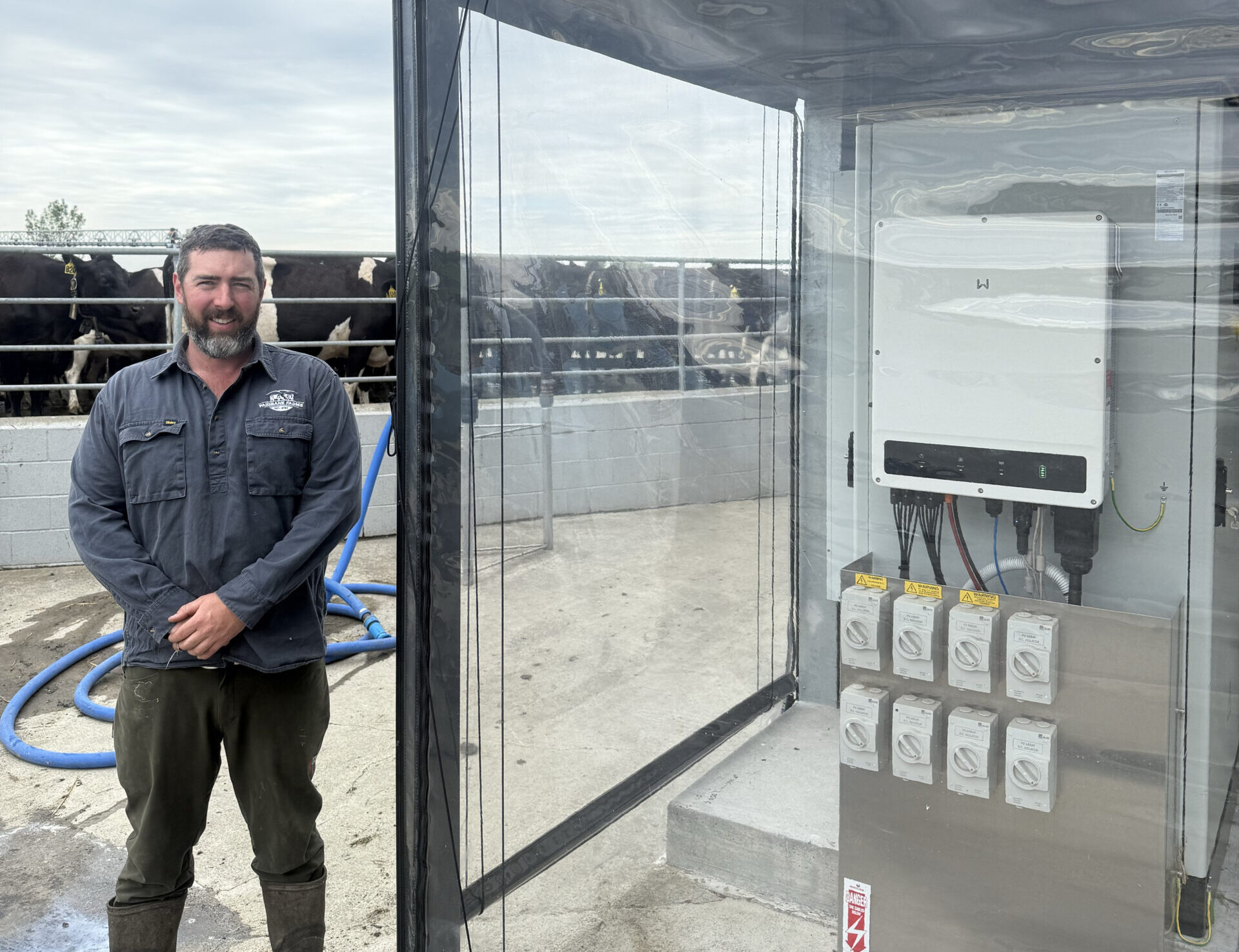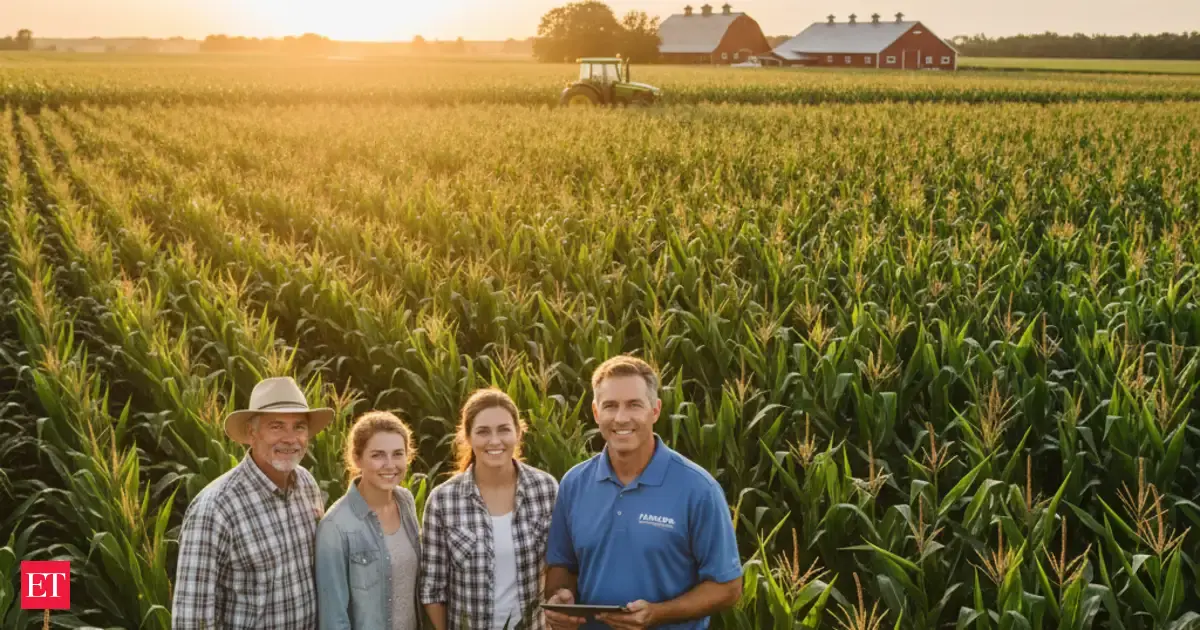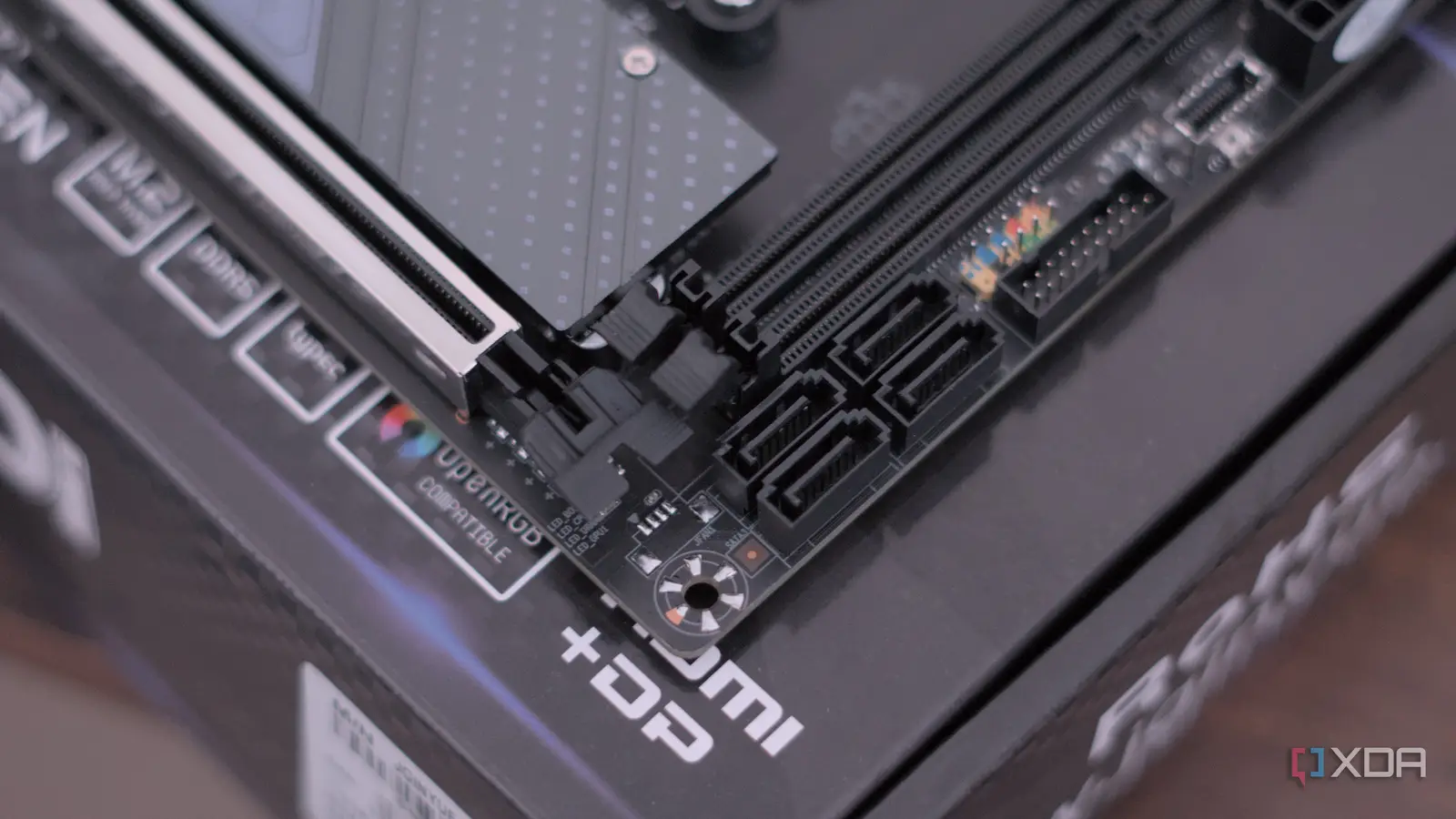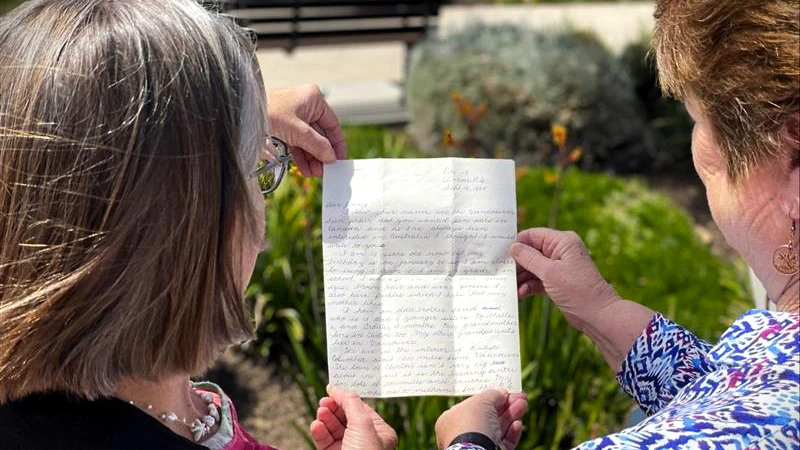Copyright farmersweekly

Reading Time: 3 minutes While last month’s storm left hundreds of southern farmers dumping milk or hunting generators, Fairbank Farms kept milking — thanks to a new solar and battery system. “That storm was a major wake-up call for a lot of people,” says Chris Stewart, who co-owns Southland’s Fairbank Farms with Michael Farmer. “With the climate shifting and reliable back-up technology now readily available, you’d be mad not to at least explore your options. “The grid is absolutely stressed, especially at the end of the lines where so many farms are located.” Federated Farmers Southland president Jason Herrick says the recent snow and power cuts – although worse than usual – caught out far too many farms. “A lot of businesses need to take a long, hard look at their resilience planning. “It was staggering how many farms didn’t have a generator or other back-up power source, even after Cyclone Gabrielle showed us all how badly things can go wrong.” Stewart says cutting the electricity bill on their 800-cow dairy operation near Drummond was a prime motivation for installing a 50-kilowatt inverter and 100Kw hours of battery storage. But resilience and risk mitigation was high on the agenda too. “We weighed up generators versus solar, and decided to go down the solar route because you gain those day-to-day savings as well.” They spent nearly $200,000 putting in the system three months ago, but they’ve already slashed more than 50% off their electricity bill. The payback period is looking like five to seven years, if not sooner. “The trouble with a generator is that it sits unused 99% of the time. Then you go to start it and the damned thing won’t go because it’s been idle for so long. “I like the fact that we’re getting the benefit of our investment every day,” Stewart says. While the severe winds and snow left many others in the lower South Island stranded and without power, Fairbank Farms could carry on milking and keep the milk refrigerated. “It wasn’t without hiccups. Lights would dim, pumps had to be taken off-line at times, but we got through. “With solar and battery storage, we could also keep the electric fences and stock water pumps running. Cows could be kept in the paddocks where we wanted them.” Stewart says even before the October weather bomb, they’d decided to upgrade to a 100Kw hours inverter and 200Kw of battery storage for extra capacity. Many farmers still don’t trust solar, Stewart believes. “Farmers thinking of switching to solar worry whether they’ll get accurate advice or get a cowboy coming in and delivering something that doesn’t work.” He’s glad Fairbank Farms partnered with Panasonic NZ, a company moving into solar and battery systems on farms in a big way. The system they’ve installed enables them to charge batteries for the morning milking using cheaper night electricity rates. Daytime solar re-charges the batteries for the afternoon milking, and any excess can be sold back to the grid for 12-17 cents per kilowatt. Many other chillers manufactured have refrigerant with a global warming potential of 1500 units, but the R290 chiller supplied to Fairbank Farms by Panasonic is rated at just 3 units. “We’re pushing the barrow around what’s possible. All this is a really good environmental story to tell our customers,” Stewart says. “Fonterra have been right behind us on this as well.” Panasonic NZ’s Mark McKanny says Fairbank Farms have been a pilot for them, but around 35 other farms are lined up for their solar and battery systems by the end of January. “There’s a marked upswing in interest,” he says. Software designed by Panasonic NZ, and a Black Current Ltd/Farmlands Flex joint venture, is also opening the way for farmers to aggregate the storage capacity of their solar batteries – by region or even nationally. “On a network scale, excess power from all those farm batteries can be put back into the grid when it’s required, with that revenue shared with the farmers,” McKanny says. Jason Herrick says solar, with battery back-up, is a future-proofing option worth considering, especially while some banks are offering interest-free finance. “A generator is a more affordable backstop but you’ve got to think about fuel supply too. “When the power went out, the petrol stations’ pumping went down as well. “Let’s hope this latest weather event is the wake-up call needed to get many more farmers down here taking steps towards stronger business resilience.” Federated Farmers, New Zealand’s leading independent rural advocacy organisation, has established a news and insights partnership with AgriHQ, the country’s leading rural publisher, to give the farmers of New Zealand a more informed, united and stronger voice. Federated Farmers news and commentary appears each week in its own section of the Farmers Weekly print edition and online. Views shared does not represent that of Farmers Weekly.



